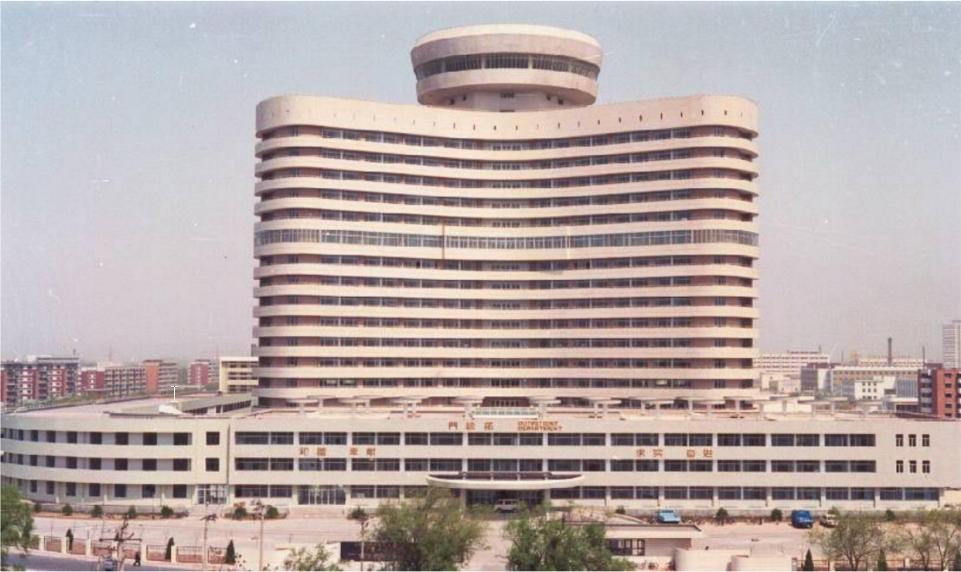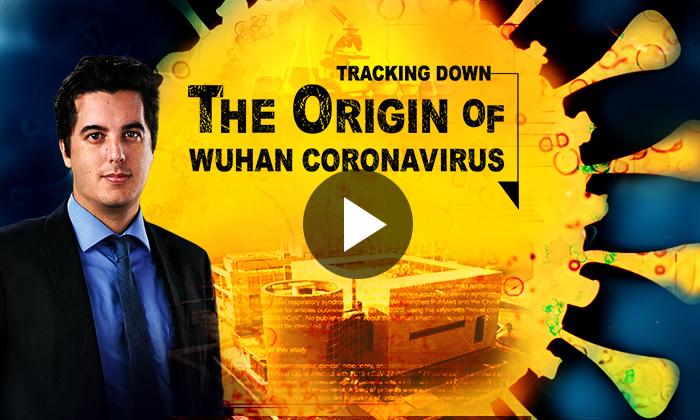As the Ministerial to Advance Religious Freedom has made the case over three days of meetings at the State Department for the importance of opposing religious persecution, a side event on July 26, organized by Doctors Against Forced Organ Harvesting (DAFOH), gave a compelling example of how crucial an international response to persecution can be.
In July 1999, the Chinese Communist Party began a campaign to eradicate Falun Gong, a spiritual practice with 70 million to 100 million adherents in China. The world’s governments and human rights and other civil society organizations did little in response, said Dr. Torsten Trey, executive director of DAFOH.





